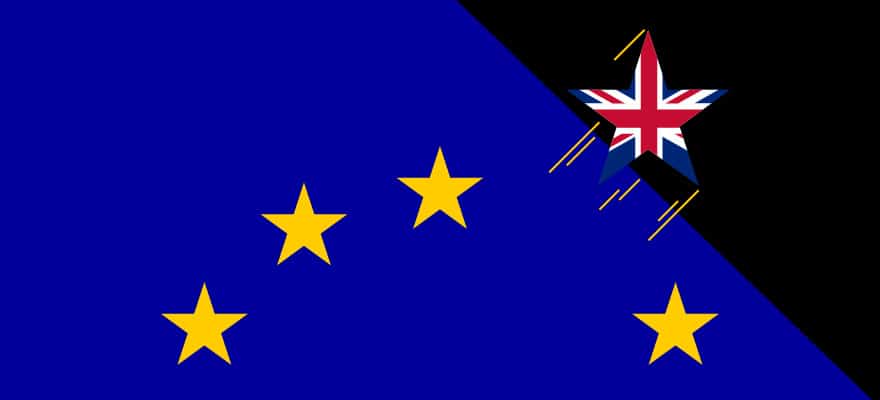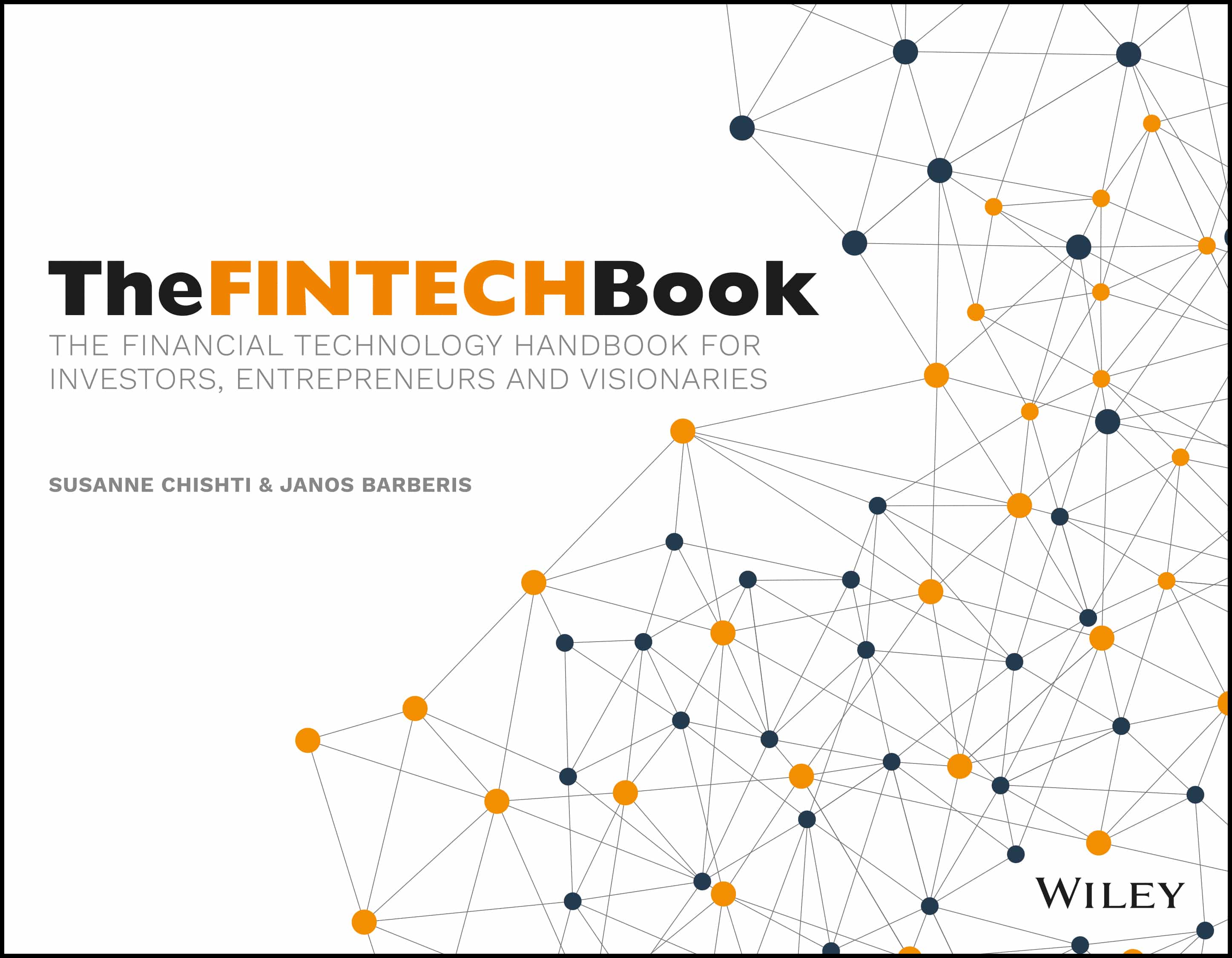Even though we are almost a week after the infamous referendum it is unclear what Brexit will really mean in practice. The de facto implementation of the wishes of the majority of voters could range from indefinite postponement to complete dissolution of EU. This article takes a look at 7 potential equilibrium points on this continuum.
Bremain – Brexit Type #1
Bremain is the scenario of no Brexit happening in spite of the clear majority to leave. Bremain has six key sub-types:
a, Petition Bremain: the petition which now has over 4 million signatures prevails.
b, Neverendum Bremain: votes, petitions keep coming – hence ‘neverendum’, not ‘referendum.’
c, No Binding Action BREMAIN: Parliament overlooks referendum results since they are not binding.
d, Parliamentary Bremain: Parliament votes on triggering Article 50, but the vote fails.
e, Scottish Veto Bremain: Scotland has veto power over major UK decisions and vetoes the Brexit.
f, Reserve Powers of Queen Bremain: the monarch has strong powers in her hands – these are called ‘reserve powers’. There are multiple ways that she could stop the UK from leaving the EU.
Slowxit – Brexit Type #2
It is already apparent that German and French leaders want the UK to take quick action to leave, but UK leaders are reluctant to take any notable action. What if the process really slows down? Slowxit has 3 key sub-types:
a, Pre Article 50 Slowxit: years pass until Article 50 is triggered – if ever – and in this course the vast majority of the UK public learns how dangerous it would be to leave.
b, EU Snail-Speed Slowxit: everything and anything is painfully slow in the EU. After triggering Article 50, the process of talking through every bit of the 40-year integration process and enacting decisions could take 10 years. Meanwhile a new 2 or 3 speed EU could emerge, creating a whole new situation. The well-known 2-year timeframe to leave could be lengthened by EU.
c, Neverexit Slowxit: talks with the EU can be so slow that in fact they never end. New topics and debates come up from milk to fish, from oil to fiscal transfers, from pensions to workers, from healthcare to cross-border financial services, etc. As political elites keep changing in all EU countries (including the UK) new political aspects of the subtopics emerge and a stunning process of ‘neverexit’ keeps the UK in the union.
Alibixit – Brexit Type #3
What if the Brexit vote is formally kept, but in practical reality nothing changes? The German Finance Ministry apparently has a plan ready for that. They want to offer the UK a special status which cuts the budgetary rights and Obligations to 0 and formally keeps the UK out of EU, but otherwise keeps all ties unchanged.
Smoothxit – Brexit Type #4
Is there life outside EU? The answer is clearly ‘yes’. Think about Switzerland (member of EFTA, Schengen Area as well as the Council of Europe, while not the member of EU), Norway (member of EEA, EFTA, Schengen Area as well as the Council of Europe, while not the member of EU) or Iceland (same status as Norway)!
The UK has never been a formal part of the Schengen area so in fact it is already used to being less involved in some aspects than Norway, Iceland or Switzerland. In fact, EFTA, EEA, eurozone, EU, Schengen, Customs Union, Council of Europe and Euro-Mint Agreement create 256 potential combinations of involvement in the European community. Currently, there are 10 different statuses that various countries fulfill out of these 256. Why not grant the 11th different status to the UK?
Brag-xit – Brexit Type #5
What if Brexit goes through quite quickly and it becomes a success story? What if the UK actually does better by putting new trade deals together, by letting the fiscal transfers with all their budgetary causes and crowd-out nature go, by getting rid of the suffocating EU bureaucracy, etc? What if Brexit becomes a story for Britain to brag about?
Classic Brexit – Brexit Type #6
Classic Brexit is the basic, original thought of Brexit, a severe and complete sayonara to the 4 defining pillars of Europe: the free flow of goods, services, labor and capital. This has severe consequences and poses serious threats to Europe. If classic Brexit happens it could very easily bring with it rising nationalism and incidents against minorities.
Why? Because the classic Brexit comes with serious and obvious economic disadvantages and ceteris paribus negative income trends and this could create enormous cognitive dissonance in Brexit voters. They are faced by the devastating causes of their ‘leave’ decision – a situation that is very hard to emotionally handle.
How will they reduce the cognitive dissonance between their self-image as being very smart and their vote as being devastatingly un-smart, with apparently severe negative economic effects? Some may claim that it is not their fault – it is the fault of non-British people living in Britain. Some may claim that their income is not going down because of Brexit, but Brexit is necessary – in order to get rid of non-British citizens – to stop their income going down.
So some people may change cause and effect and thereby ‘elegantly’ reduce their cognitive dissonance. We – very unfortunately – already see the first signs of this aggressive drive to reduce this tension.
My personal prediction, however, is positive: even if classic Brexit happens, the British public – even fundamentally heated ‘leave’ voters – would very much be able to overcome this event without going too far towards destructive nationalism.
I think that deep democratic traditions, historic excellence in standing by minorities, strong and free media, the general practice of tempered and measured reactions, strong rule of law, an educated, capable and self-aware society and a strong civil sphere will easily save Britain from going too far on the road against minorities .
Few societies could handle this relatively calmly, but my personal prediction is that British society would be able to do so.
Eurover – Brexit Type #7
With Brexit winning the popular vote, Pandora’s Box is open. The gene is out of the bottle. The domino effect could kick in any time. Even though this article lists 6 considerably milder types of Brexit, we have to face reality: there is a certain chance that the entire EU will dissolve. This is the scenario George Soros is (and has been for years) repetitively warning of. What if Brexit is followed by Frexit, Grexit, Italeave, Polend, Hunxit, Czechout, Finish and others?
Which Brexit do you prefer? Which one did voters have in mind? Which one will actually happen? – These are more open questions after the referendum than before it. So the good old bon mot applies: “The only certainty is uncertainty”.
Howver let me please finish this article on a – much needed – positive note: top global leaders, when later asked about their career, what they would have done differently often comes up with the conclusion that they wish they had been more optimistic. Let this forward-looking optimism shine through our thinking and project our conviction that democracy comes with difficulties - difficulties to overcome and learn from.
















